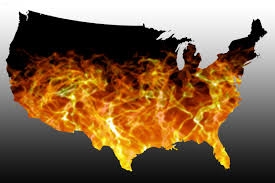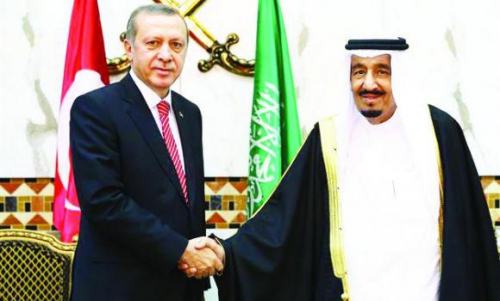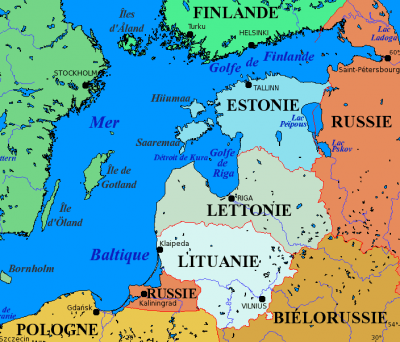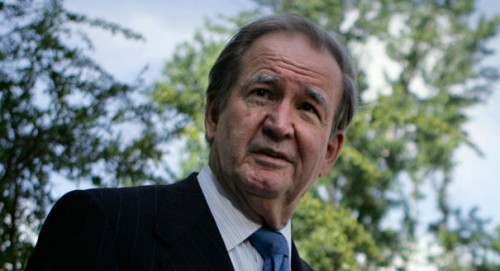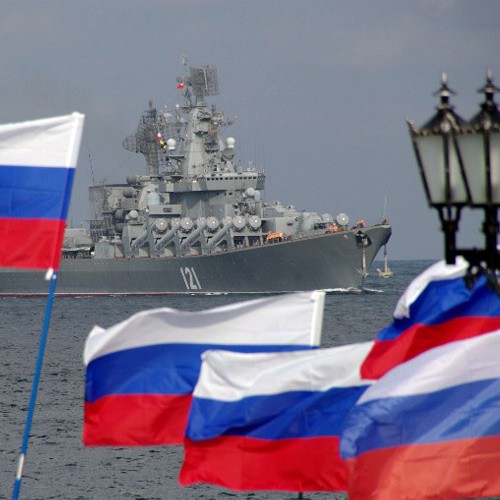Buchanan suit avec attention la situation interne du système de l’américanisme (“D.C.-la-folle”). Il avait cru déceler quelque signe d’un apaisement qui aurait pu se concrétiser après les élections à mi-mandat, entre les deux factions qui s’écharpent, – trumpistes et antitrumpistes. Cet article signale que cet espoir n’a valu que pour quelques heures, que l’espoir d’un arrangement s’est complètement évanoui avec l’attitude de Trump(que Buchanan approuve après tout) vis-à-vis de la presse et surtout la liquidation du ministre Session. Buchanan juge que Trump, comme son modèle Andrew Jackson en d’autres temps, est dans la position avantageuse de pouvoir choisir le moment de l’attaque...
Désormais, Buchanan croit qu’il s’agit de la phase finale de la bataille qui s’engage, qu’il n’y aura pas de compromis, que l’un des adversaires doit l’emporter et l’autre être réduit complètement sinon disparaître.L’enjeu, c’est “l’âme de l’Amérique”. Mais allons plus loin, comme Buchanan le suggère sur la fin de son article : l’enjeu, c’est l’Amérique elle-même, et son sort est déjà réglé parce qu’il est absolument impossible d’envisager l’élimination physique de l’un ou l’autre adversaire, et qu’il est désormais évident que ces deux-là ne peuvent plus vivre ensemble...
« La guerre à Washington ne se terminera pas avant la fin de la présidence de Donald Trump. Tout le monde semble le ressentir maintenant. C’est une guerre sans merci qui ira jusqu’au bout.
» La trêve postélectorale qui a eu lieu lorsque Trump a félicité la chef de la minorité de la Chambre, Nancy Pelosi, – “Je lui reconnais beaucoup de crédit pour ce qu’elle a fait et ce qu’elle a accompli”, – n’a duré que quelques heures, c’est désormais de l’histoire ancienne. » Avec la démission forcée du procureur général Jeff Sessions et son remplacement par son chef de cabinet, Matthew Whitaker, la confrontation tant attendue avec Robert Mueller apparaît très probable. Sessions s’était récusé pour la supervision de l’enquête du conseil spécial sur le Russiagate, Whitaker n'a rien fait de semblable. [...]
» Depuis deux ans, Trump est sous le feu d’allégations non prouvées et de suspicions selon lesquelles lui et les plus hauts responsables de la campagne se sont entendus avec la Russie de Vladimir Poutine pour critiquer et publier les emails de la campagne Clinton et du Comité national démocrate. Il est grand temps que Mueller prouve ces accusations ou admette qu’il a bluffé, qu’il termine son enquête et rentre chez lui.
» Désormais, selon les mots de T.S. Eliot, Trump semble avoir trouvé “la force de choisir le moment de la crise”. Son attitude vis-à-vis de l’enquête de Mueller rappelle celle de Andrew Jackson vis-à-vis de Nicholas Biddle : “Tu as essayé de me tuer, moi je te tuerai”.
» Les démocrates du Congrès ont averti Trump que s’il entravait de quelque manière que ce soit le travail du bureau de Mueller, il risquait la destitution. Eh bien, nous verrons. [...]
» Nous savons ce que la gauche pense de la "base" de Trump. Hillary Clinton nous l’a dit : la moitié de ses partisans, dit-elle, est une “bande de de déplorables” qui sont “racistes, sexistes, homophobes, xénophobes, islamophobes – choisissez ce qui vous va”.
» Comment la gauche peut-elle “s'unir” avec des gens comme ça ? Comment la gauche ne devrait-elle pas essayer de chasser du pouvoir par tous les moyens nécessaires de tels “racistes” ? C’est le constat qui a engendré les Antifa. Quant à ceux de droite, voyant la gauche dénigrer les grands héros du passé, démolir leurs monuments, purger de tout christianisme leurs écoles publiques, – ils en sont venus à la conclusion que leurs adversaires sont antichrétiens et anti-américains.
» Comment unifier une nation où les camps opposés croient tout cela ?
» L’enjeu de la guerre de l’establishment contre Trump est l’âme de l’Amérique, une guerre dans laquelle l’idée même de la possibilité d’un compromis est considérée comme une trahison. »



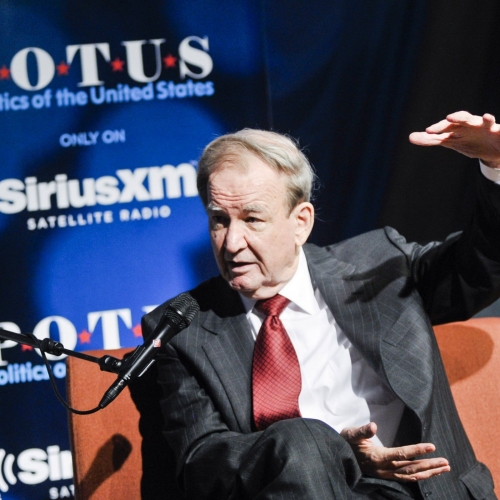
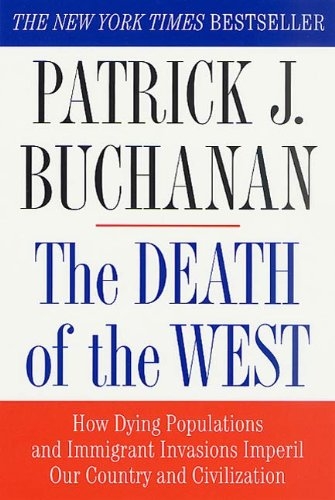
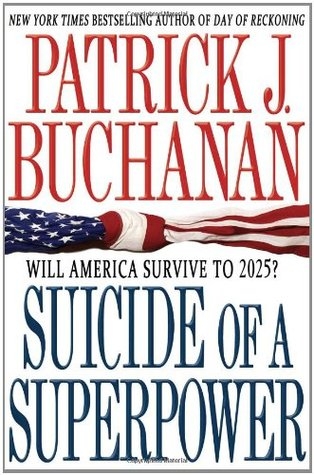 Il poursuit :
Il poursuit :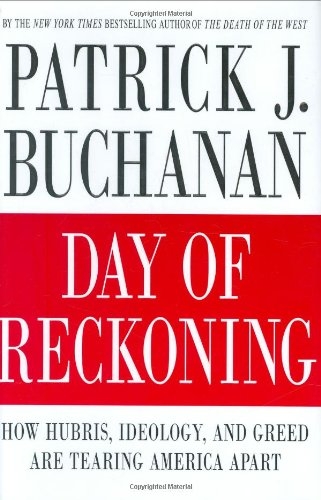

 del.icio.us
del.icio.us
 Digg
Digg